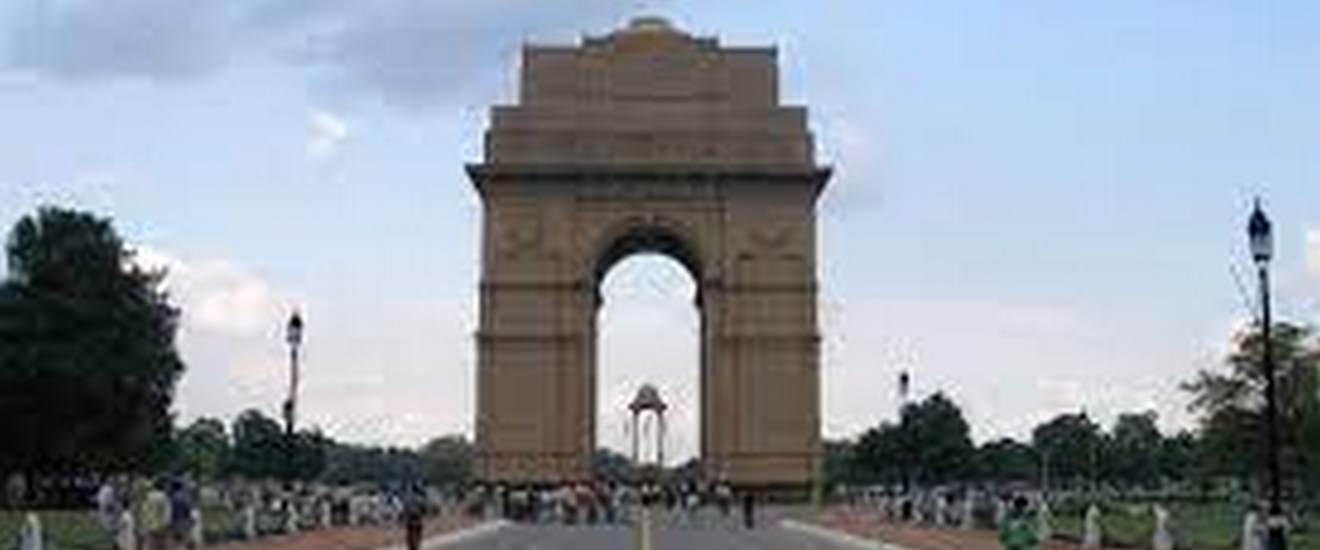Analysis
#10 Special Status of Delhi
The NCT of Delhi has the features of both a Union Territory and State which has led to a constant struggle for administrative power.

Government of NCT of Delhi vs Union of India
10.1: The Issue
The National Capital Territory of Delhi enjoys a peculiar federal status with features of both a State and a Union Territory. The resultant tussle for power between the State and Central Government over the administration of Delhi has led Chief Minister Arvind Kejriwal to demand full Statehood for Delhi. Inevitably, the matter came before the Supreme Court.
Satish Acharya (@satishacharya), ‘Kejriwal says Lt Governor not obeying Supreme Court order!’ (Cartoonist Satish, 9 July 2018) <https://www.cartoonistsatish.com/kejriwal-says-lt-governor-not-obeying-supreme-court-order/> accessed 1st December 2018.
10.2: The Proceedings
The Court heard the case for a long time before arriving at its judgment — a total 15 days. Counsels were not allocated an equal amount of time to present oral arguments.
10.3 The Judgment
The 5-judge Constitution Bench unanimously held that the Chief Minister and not the Lieutenant Governor (LG) is the executive head of the government. It issued 3 separate concurring opinions. (see Judgment Matrix below).
| S.NO. | ISSUES | JUSTICE DIPAK MISRA | JUSTICE DY CHANDRACHUD | JUSTICE ASHOK BHUSHAN |
| 1) | Is Delhi a state or a UT? | Delhi is a class apart, not a state or a UT. | Status of Delhi is special. But Not a State. | Delhi is a UT . Not a State |
| 2) | What is the constitutional position of LG in Delhi? | LG is an administrator in the limited sense unlike the governor. | LG is not the executive head of Delhi unlike other UTs. | LG in Delhi has a broader role than the governor of a state. |
| 3) | Is LG bound by the “aid and advise” of the Council of Ministers (COM)? | LG is bound by the “aid and advise” of the COM. LG has no “independent power”. | LG’s duty to listen to “aid and advise” of COM flows from cabinet form of government. Must be balanced with LG’s special power of reference. | LG has special powers of reference in some cases. |
| 4) | What does “any matter” imply under Article 239AA(4) with respect to referring matters to the President? | “Any” does not imply every matter. | “Any” does not imply every. | “Any matter” can’t be referred in a routine manner |
| 5) | Is LG’s concurrence necessary? | LG must be informed of decisions of COM but concurrence is not necessary. | No clear opinion. | LG must be informed of decisions of COM but concurrence is not necessary. |
| 6) | What matters can be referred to the President? | No specific matters or conditions laid down. | Only matters of “vital national interest” can be referred. LG must consult with minister and COM before reference. | Only matters “necessary to safeguard interest of UT” |
10.4: The Outcomes
While the judgment clarified who the executive head of Delhi is, it did not resolve all questions arising out of the power tussle between the Territory and the Centre over the administration of Delhi. Who has control over the Anti-Corruption Bureau? Who has the power to appoint and transfer bureaucrats?
Mir Suhail, ‘Illustration’ (News 18, 5 July 2018) <https://images.news18.com/ibnlive/uploads/2018/07/Kejriwal-vs-lg.jpg> accessed 1st December 2018.
10.5: 5 Must Reads
- For an introduction to the issue, see this piece in The Hindu where Manish Sisodia, Sandeep Dikshit and Omesh Saigal answer the question, ‘Should Delhi be given statehood?’
- For a historical take, see Vineeth Krishna’s ‘Framers of India’s Constitution were divided on representative government for Delhi’ in The Caravan. He describes disagreements between members of the Constituent Assembly regarding the framing of Delhi’s administrative and political structure.
- For an introduction to the legal arguments, read Gautam Bhatia’s ‘Working a Democratic Constitution’ in Bloomberg Quint.
- For a more in-depth legal analysis, read Alok Prasanna Kumar’s essay in Economic & Political Weekly, ‘Statehood for Delhi – A Legitimate Demand’. He argues that the constitutional article, Art. 239AA, responsible for the Special Status of Delhi establishes an inherently unworkable division of power.
- For a political take, see The Hindu’s ‘The Democratic mandate in Delhi’ by Sanjay Hegde. In this opinion piece published in The Hindu, he hails the 4th July judgment as a victory. He describes the conflict as a ‘cautionary tale’, in which democratically elected officials were nearly denied the power to administer democratically.
Resources